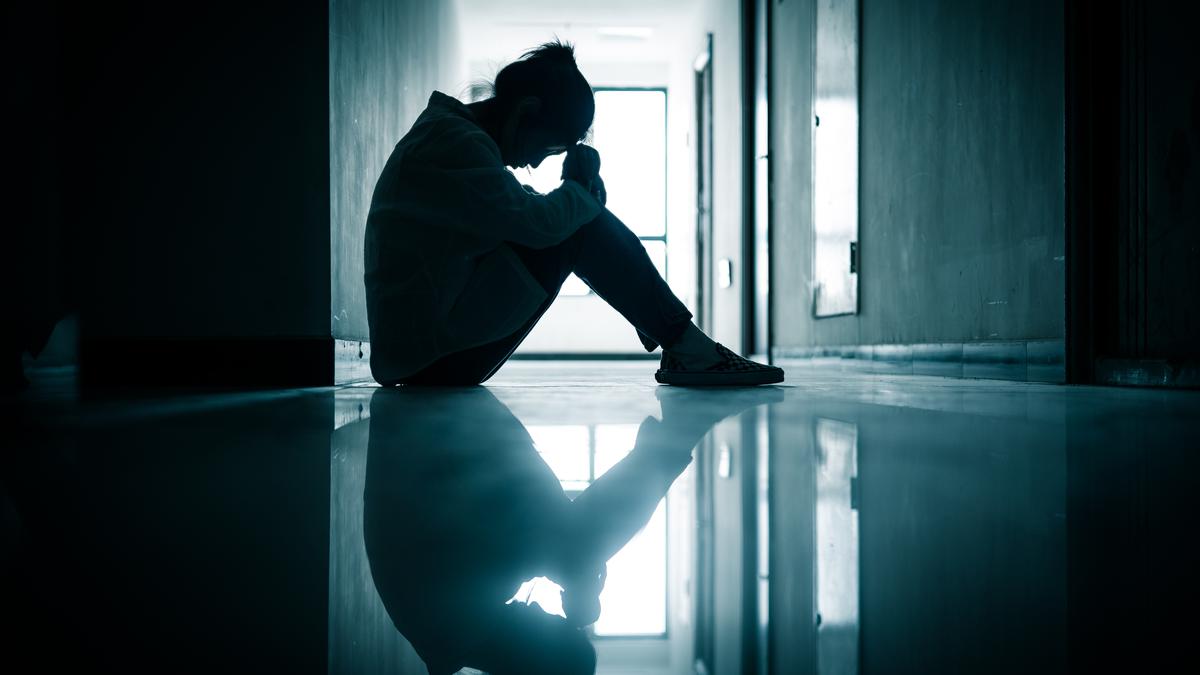
Providing support to women dealing with the unbearable pain of vaginismus
The Hindu
Vaginismus is a psychosomatic condition where involuntary contractions of the vaginal muscles cause pain during penetration, often due to societal taboos and lack of sex education. Dr. Jindal's four-step program, which includes therapy, dilators, pelvic floor exercises, and support groups, has helped over 370 women heal from vaginismus. Open dialogues, age-specific sex ed, and government schemes in regional languages are needed to reduce the prevalence of this condition.
The body remembers what the mind forgets. Psychosomatic conditions like vaginismus are evidence of how our thoughts and our beliefs can manifest in our physical functioning and linger like an invisible wound.
The first time I heard about vaginismus was when my friend confided in me and shared her experience of unbearable pain while trying a menstrual cup. After unsuccessful trips to a gynaecologist and a lot of research, she figured that she might have a condition called vaginismus. In a country like India, where menstruation largely still remains taboo, vaginismus is barely acknowledged in conversations about female sexual health.
“It felt very much like there was no vaginal opening and that I was hitting a muscular wall. Impenetrable, without a doubt”, says Tanvi Singh, an educator. Vaginismus causes involuntary contractions of the vaginal muscles making penetration of any kind; sexual or otherwise impossible or accompanied by excruciating pain, irrespective of the woman’s desire. “It is simply a protective body response”, says Taru Jindal, a Mumbai-based gynecologist who runs an online vaginismus healing program with Bengaluru-based healthcare platform Proactive for Her.
Vaginismus can be classified into two types - primary and secondary . It is said to be primary when a woman has never been able to engage in penetration of any kind; be it either tampons, menstrual cups, gynaecology exams, or intercourse. It is primarily psychologically driven. We are usually taught “sex is shameful and sex is painful”, says Dr. Jindal. These contribute significantly to primary vaginismus cases. Childhood abuse, sexual trauma, religious upbringing, and sexual ignorance are other contributing factors.
It is said to be secondary when a woman who previously tolerated penetration is suddenly unable to do so. Secondary vaginismus could be due to physical or emotional factors. Repeated painful internal examinations or vaginal infections, traumatic childbirth, radiation and surgery around the vagina, and conflicts within a relationship are the causes of secondary vaginismus.
Vaginismus is estimated to affect 5-17% of individuals in a clinical setting based on studies conducted in the 1990s. The numbers vary across countries. The statistics of women dealing with vaginismus in India are unclear. “I think in a conservative culture, the numbers would be huge”, says Dr. Jindal.
The general notion that sex is accompanied by pain has been ingrained in women since childhood, in traditional households and many assume that pain is normal. “I used to associate sex with physical pain. I believed that the first time any penetration happened, there’d be some degree of pain. I know now that it is not true”, says Singh.

Podcasts have become our best friends, especially during the Covid-19 pandemic. Whether you are cooking, sketching or going on an evening walk, there is a show that matches your mood. From horror tales to informative conversations to just two friends talking about anything & everything relatable, podcasts have become a part of our lives unknowingly. Over the years, more voices have joined this audio landscape and filled it with stories that resonate with our lives. Podcasts serve as a reminder that everyone has a story worth telling and listening to!










